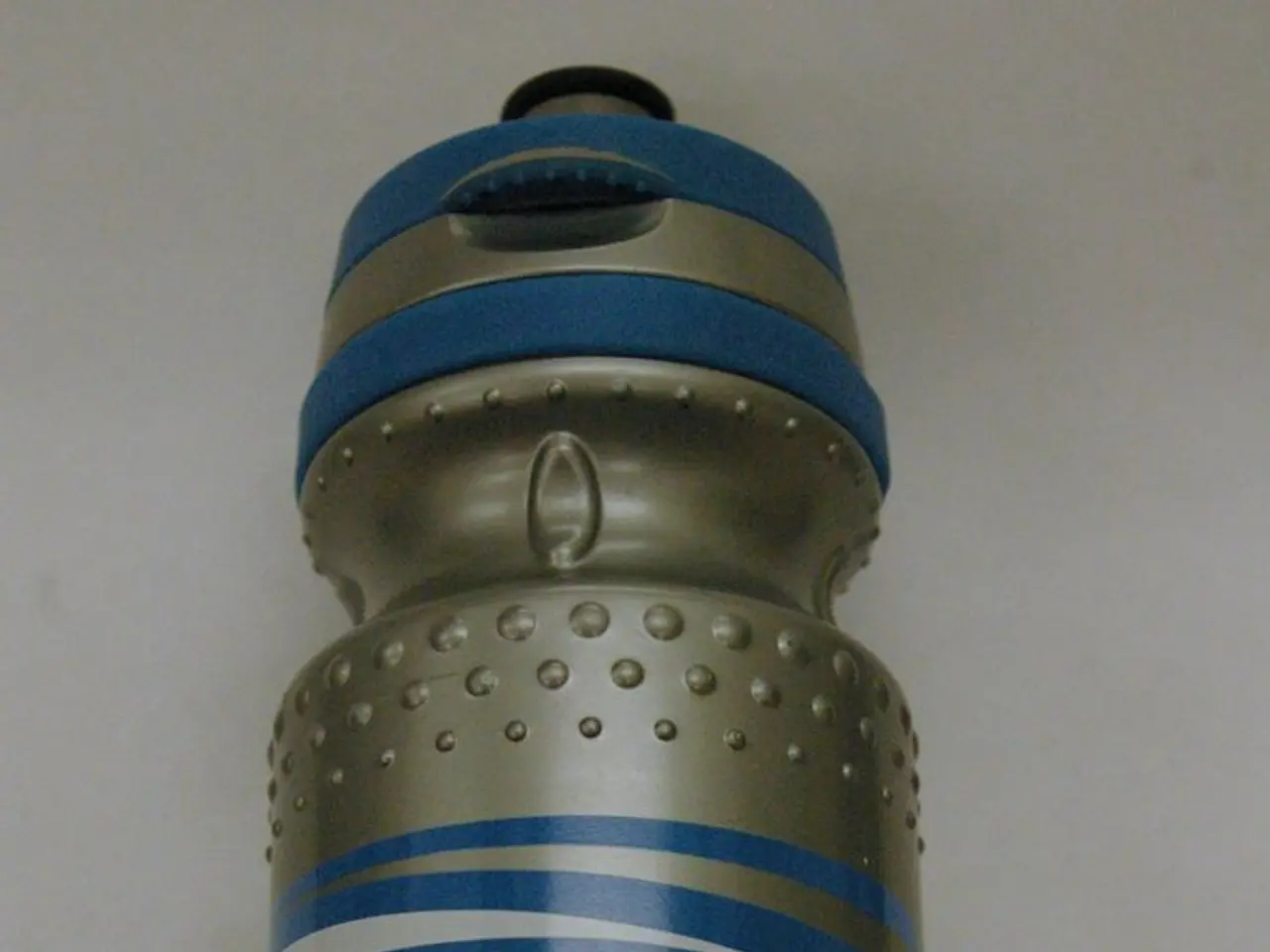Treatment of prostate cancer using proton therapy
Proton therapy is a type of radiation therapy that is being trialed for the treatment of prostate cancer. Unlike traditional radiation therapy, this treatment is administered in a hospital or treatment center, not at home.
The long-term effects of proton therapy for prostate cancer are generally associated with similar cancer control rates but potentially fewer complications and better toxicity profiles compared to traditional radiation therapy, such as intensity-modulated radiation therapy (IMRT).
Studies report that proton therapy achieves comparable oncologic outcomes to traditional IMRT for localized prostate cancer. For example, two-year progression-free survival rates and overall survival rates after proton therapy are similar to those seen with IMRT (84%-100% local/regional progression-free survival and 88%-95% overall survival). A 10-year biochemical control rate of 96.8% was reported in a large patient cohort treated with proton therapy.
Proton therapy tends to have a better toxicity profile. Several studies noted lower rates of acute and late side effects, including reductions in feeding tube rates and mucositis severity in other cancer sites, which could reflect a wider benefit of proton therapy’s precision. For prostate cancer specifically, while most side effects from radiation are mild and temporary with traditional therapy, proton therapy’s greater precision in sparing healthy tissue suggests fewer long-term side effects such as damage to the rectum, bladder, and sexual function-related tissues.
However, the evidence base requires further strengthening to confirm these benefits over extended periods. Despite these advantages, existing studies often have short follow-up periods and retrospective designs with relatively small sample sizes. More prospective, long-term randomized trials are needed to definitively quantify the magnitude of clinical benefit and long-term side effect reduction with proton therapy compared to traditional radiation.
One important consideration is the cost. Proton therapy is more expensive than traditional treatments, which may be a barrier for some patients. It's crucial for individuals considering proton therapy to discuss the risks and benefits with an oncologist.
Another point to note is that proton therapy does not necessarily increase the chances of survival for prostate cancer patients. The research on proton therapy is not conclusive, especially regarding genitourinary and sexual side effects. Researchers do not yet know the long-term effects of proton therapy.
Early detection and treatment of prostate cancer is crucial. Prostate cancer is the most common cancer in males and the sixth leading cause of death. If diagnosed early, prostate cancer can often be treated effectively. Proton therapy may potentially reduce side effects and complications of prostate cancer treatment.
It's important to remember that prostate cancer is cancer that occurs in the prostate, a walnut-sized gland that is part of the male reproductive system. The stages and frequency of proton therapy depend on a person's overall health, treatment goals, and the stage of the cancer. Proton therapy may be part of a treatment course that includes prostatectomy, which is surgery to remove the prostate.
In conclusion, while proton therapy for prostate cancer provides similar long-term cancer control outcomes to traditional radiation, it shows promise for reducing long-term side effects and improving quality of life through greater precision and sparing of normal tissue. However, the evidence base requires further strengthening to confirm these benefits over extended periods.
- Proton therapy for prostate cancer provides similar long-term cancer control outcomes to traditional radiation, such as intensity-modulated radiation therapy (IMRT), but shows promise for reducing long-term side effects.
- Studies report that proton therapy achieves comparable oncologic outcomes to traditional IMRT for localized prostate cancer, with potentially fewer complications and better toxicity profiles.
- While proton therapy is more expensive than traditional treatments, its greater precision in sparing healthy tissue may potentially reduce long-term side effects such as damage to the rectum, bladder, and sexual function-related tissues.
- It's important to note that while proton therapy may potentially reduce side effects and complications of prostate cancer treatment, the research on proton therapy is not yet conclusive, especially regarding genitourinary and sexual side effects, and the long-term effects of proton therapy are still unknown.




